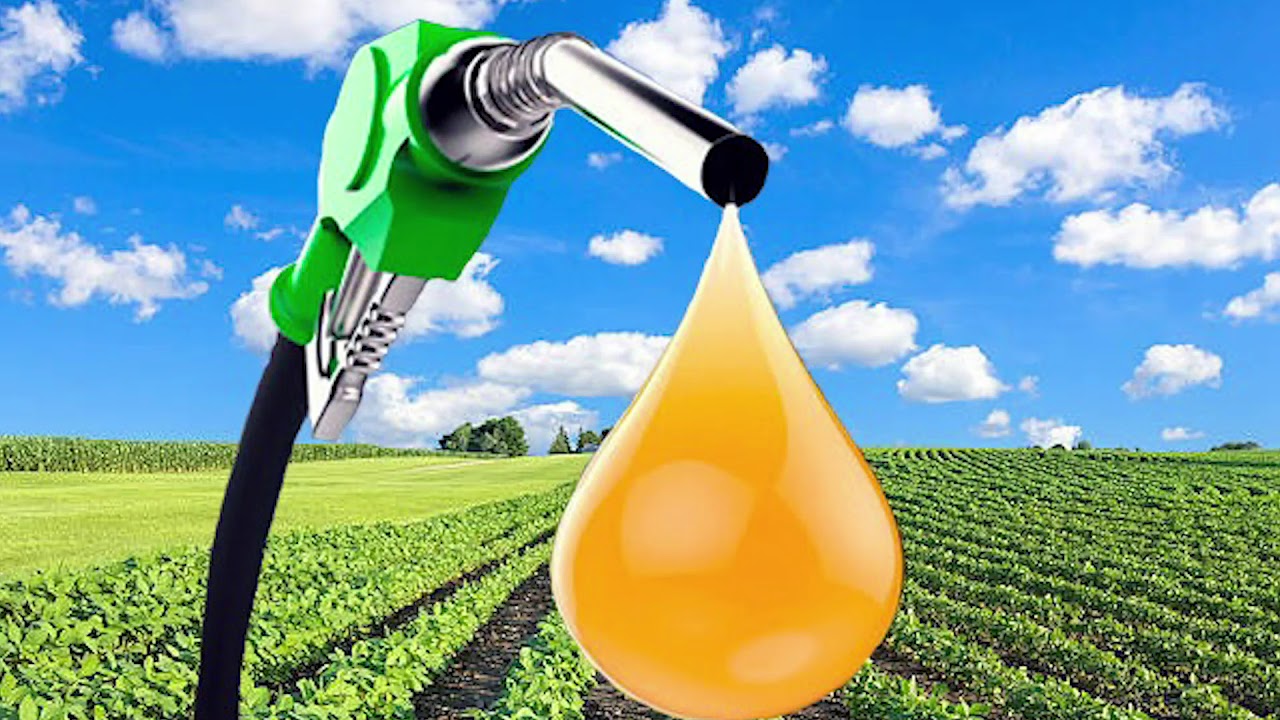As concerns about climate change and dependence on fossil fuels continue to grow, biofuels have emerged as a promising renewable alternative fuel source. Biofuels offer the potential for a sustainable transportation sector powered by renewable biological materials rather than fossil fuels. This article will explore the topic of biofuels, their types, production methods, advantages and challenges.
What are Biofuels?
Biofuels are fuels produced from organic matter or biomass. Biomass refers to plant or animal material that can be used as an energy source. Common feedstocks used for biofuel production include sugarcane, corn, soybeans, vegetable oils, animal fats and algae. Through various conversion processes, these biomass feedstocks can be converted into liquid fuels like ethanol, biodiesel, or biokerosene which can power vehicles.
Types of Biofuels
There are primarily two main types of biofuels – bioethanol and biodiesel. Bioethanol is an alcohol made by fermenting the sugars in starch crops like corn or sugarcane. It is most often used as a gasoline additive but can also be used in its pure form (E100). Biodiesel is produced from vegetable oils, animal fats or recycled cooking oils through a process called transesterification. It is commonly used as an additive or alternative to conventional diesel fuel (B100).
Growing and Processing Feedstocks
The dominant feedstocks used for biofuel production currently are sugarcane in Brazil and corn in the United States. Sugarcane is grown in tropical climates and southern Brazil is the world’s largest producer. It is crushed to extract the juice which is then fermented to produce bioethanol. Corn is the most abundantly grown feedstock in the US. The starch from corn kernels is extracted and fermented to yield bioethanol. Other feedstocks gaining prominence include soybeans, canola, palm oil and cellulosic biomass from agricultural residues.
Advantages of Biofuels
Some of the major advantages of Biofuels include renewable energy source, reduction in greenhouse gas emissions, potential for energy security and rural development. Since biofuels are produced from biological materials, they are considered renewable as long as agricultural and forestry systems are managed sustainably. Proper production of biofuels has the potential of significantly reducing greenhouse gas emissions compared to gasoline or diesel. As the biofuel industry expands, it creates jobs and income opportunities for farmers. It also reduces dependence on imported petroleum, enhancing national energy security.
Challenges of Biofuel Production and Use
While biofuels offer promise, their widespread adoption also faces challenges. The dominant feedstocks like corn and sugarcane require huge tracts of land which could impact food prices and encourage deforestation. Forest clearing for agriculture diminishes biodiversity and releases carbon stored in vegetation and soil. There are also concerns over water usage and fertilizer/pesticide runoff from intensive farming of feedstock crops into local water bodies.
Producing cellulosic biofuels from inedible plant fibers and waste is seen as a solution but enzymes and processes are yet to reach commercial scale economically. Using food crops like corn for fuel also raises food vs fuel debates. Studies have shown first generation biofuels may not deliver significant greenhouse benefits in some circumstances. Infrastructure constraints and engine compatibility issues, along with current higher costs compared to fossil fuels are hindering rapid uptake of biofuels in the transportation sector.
The Way Forward
To resolve challenges around land usage, feedstock diversification is important with a focus on developing advanced biofuels from cellulosic and algal sources. New innovations in cultivation systems, processing technologies and genetic engineering hold promise. Sustainable farming practices and water usage plans need to be implemented rigorously. Developing biodiversity offset programs and using marginal lands can reduce environmental impacts.
Strategic investments and policies driving research into next generation biofuels will be crucial. Financial incentives promoting adoption of flex-fuel vehicles and infrastructure expansion can bolster demand and scale. International collaborations through initiatives like the “Mission Innovation” can multiply clean energy efforts. With coordinated efforts across scientific, industrial, policy and financial spheres, biofuels have the potential to emerge as a leading sustainable transportation solution.
Biofuels produced and used sustainably offer a renewable alternative fuel that can reduce dependence on fossil fuels and lower emissions. While there are challenges currently, focus on advanced biofuel technologies along with supporting policies and infrastructure development hold the key to harnessing this cleaner energy source and transitioning towards a greener transportation sector. Continued progress on biofuels will contribute significantly in combating climate change and energy security issues through this promising renewable fuel of the future.
*Note:
1. Source: Coherent Market Insights, Public sources, Desk research
2. We have leveraged AI tools to mine information and compile it


